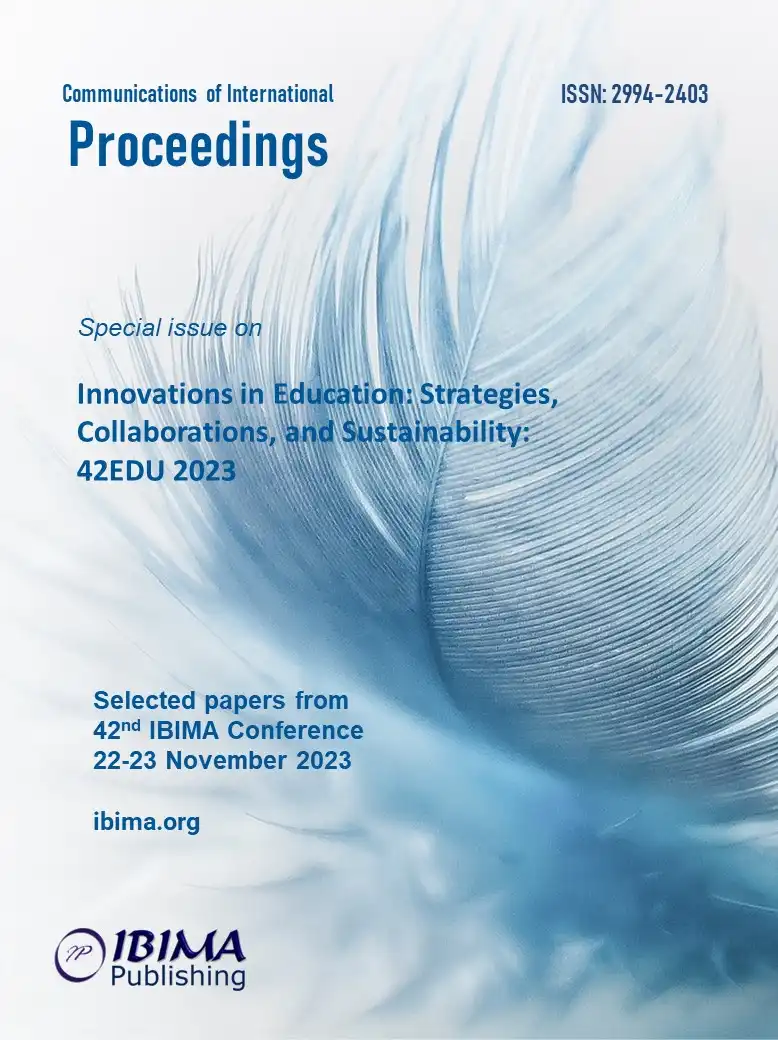
1Stanisław MINTA, 2Arkadiusz DYJAKON, 3Tomasz NOSZCZYK, 4Christina GALANI,
5Francesca CONCIA, 6Tautvydas BOKMOTA, 7Alessandra TOMASINI
8 Emmanuel QUERREC
1,2,3Wroclaw University of Environmental and Life Sciences (UPWR), Poland
4Hub-21, Greece
5Politecnico di Milano, Italy
6X Why Agency of Understanding, Lithuania
7Politecnico di Milano, Italy
8Turku University of Applied Sciences, Finland

The paper presents the assumptions of the SOFTEN project (co-financed by EU through the Erasmus+ program) and issues related to higher education, STEM concept and indicates the importance of soft skills in the teaching process and building future professional competences of students (especially those that will help build a more environmentally friendly economy and help adapt to climate change). The main goal of the study is to exchange views in these areas of higher education, and additionally to disseminate the research results of the SOFTEN project. Source materials are primary and secondary. Secondary sources come from available literature and reports and studies of public institutions. Primary data was collected in the first half of 2023 using survey and interview methods. Respondents were students (98 persons) and academic staff (65 persons) from six countries (Poland, Finland, Greece, Italy, Lithuania and Portugal) where the institutions implementing the SOFTEN project come from. The descriptive method (including statistical description) was used to develop the research results, and the results are presented in descriptive, tabular, and drawing form. The results of the conducted research indicate a great need to integrate soft skills into existing higher education programs to better prepare future graduates for professional work, especially in industries of the green industry.